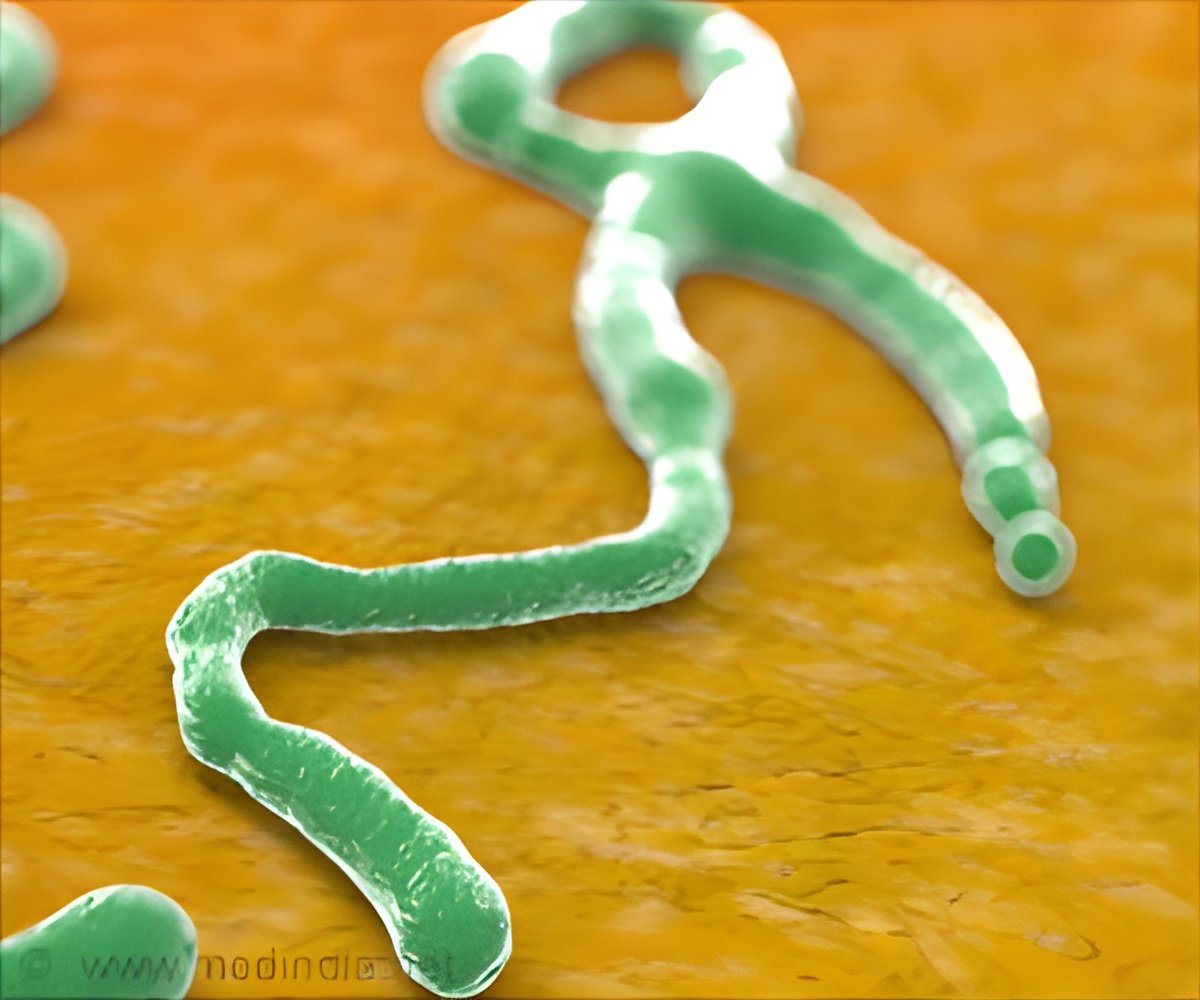
"It's not the number of Ebola cases we were reporting two months ago... The numbers of cases are reducing," he told AFP late on Monday, adding however that there were still new cases emerging across the country.?
The largest Ebola outbreak on record has killed some 5,000 people, with Liberia hit hardest and the contagion still raging in neighbouring Sierra Leone and Guinea.
The World Health Organization (WHO) said late Monday that it had released from isolation 25 of more than 100 people thought to have come into contact with Mali's sole case.
The victim, a two-year-old girl from Guinea, was diagnosed with Ebola after journeying to the western town of Kayes on October 23 and died the following day.
The toddler had travelled by bus and taxi with her grandmother, sister and uncle, making frequent stops on a trip of more than 1,200 kilometres (750 miles).
Advertisement
They also spent two hours in the capital, Bamako, visiting relatives in a house of 25 people.
Advertisement
These included fellow bus passengers found as far away as France and Senegal, and 33 health care workers, the WHO said in a statement.
"Of the 108 contacts, 25 have been followed for 21 days and have been released from the surveillance system," it added.
"Seventy-nine contacts were at the hospital where the child was treated and in the Kayes community. All have been monitored.
"To date, no one has shown signs of Ebola or tested positive for the disease."
Abdoulaye Nene Coulibaly, a doctor in the medical team sent to lead the response, said everyone in isolation in Kayes would be released on Tuesday if they were still showing no symptoms.
"The grandmother of the deceased child is doing well. Everyone else too," he told AFP.
"We took every precaution to assist those under observation, and in reality all the way through the girl's journey contagion risks were very low."
The WHO said there was growing confidence that Ebola would not spread within Mali, adding that the toddler "had haemorrhagic symptoms but no diarrhoea or vomiting during her travels".
- New York doctor cured -
There was good news in the US too, where health officials said a New York doctor who became America's last known Ebola case had been cured.
Craig Spencer, 33, contracted Ebola while caring for patients in Guinea. He is due to be discharged from the hospital Tuesday.
"After a rigorous course of treatment and testing, Dr Craig Spencer -- the patient admitted and diagnosed with Ebola disease virus at HHC Bellevue Hospital Center -- has been declared free of the virus," officials said in a statement.
The US has treated nine victims of the virus, which spreads through contact with infected bodily fluids.
The US government has been at the forefront of the international response to the outbreak, committing hundreds of millions of dollars and announcing plans for Ebola treatment units across Liberia.
The first US-built centre opened on Monday in Tubmanburg, around 70 kilometres (45 miles) northwest of Monrovia.
Gorbee Logan?, a health officer for the area, put the drop in cases down to efforts to raise awareness of Ebola within communities across the country and better investigation of outbreaks.
"A lot more case-finding, contact-tracing, case investigation and surveillance activities -- all of these have helped," he said."
The claim chimes with the advice of global medical aid agency Doctors Without Borders, which has called for a more localised response to the epidemic, favouring deployment of rapid response teams to new outbreaks over the construction of large centralised medical units.
Source-AFP









